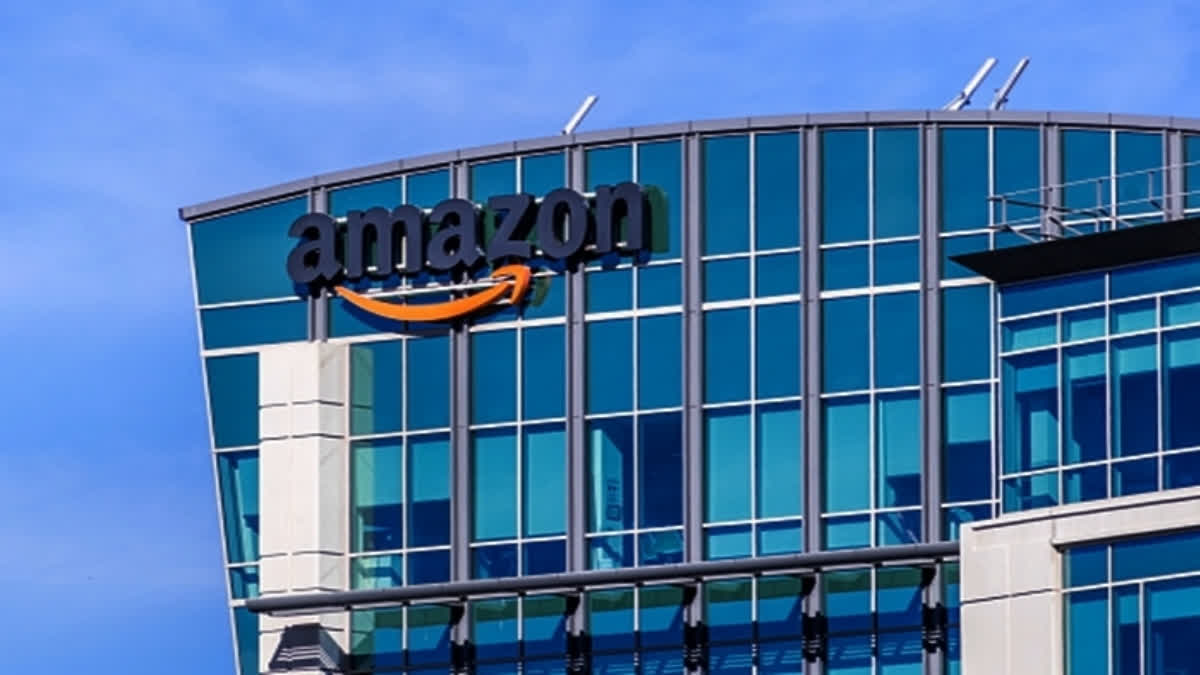San Francisco: Amazon has laid off over 100 employees in its gaming divisions, including Prime Gaming, Game Growth, and Amazon Games. The move comes as part of the company’s ongoing restructuring plan, which includes reassigning workers to projects that fit its “strategic focus.” According to a report in Engadget, the laid-off employees will receive severance pay, health benefits, and paid time to find new jobs.
In an internal memo, Amazon said that the cuts come after the company weighed its ongoing projects against its “long-term goals.” Currently, Amazon is only offering the “New World” game, and its attempt to popularize a free-to-play shooter game called “Crucible” was shut down after just a few months.
This latest round of layoffs follows Amazon’s announcement in March that it would be laying off another 9,000 employees across its Amazon Web Services (AWS), Twitch, advertising, and HR divisions. In a memo to staff, Amazon CEO Andy Jassy said that the job cuts would mark the second-largest round of layoffs in the company’s history, adding to the 18,000 employees that the company said it would lay off in January.
In a memo, Amazon CEO Andy Jassy said that as the company concluded the second phase of its operating plan. "I'm writing to share that we intend to eliminate about 9,000 more positions in the next few weeks, mostly in AWS, PXT, Advertising, and Twitch." Amazon initially eliminated 18,000 positions in January and as "we completed the second phase of our planning this month, it led us to these additional 9,000 role reductions".
Jassy said that the second phase of the company’s annual planning process, which determines what areas of the business to trim, had led to the additional job cuts. He also said that Amazon will still be hiring in some strategic areas.
While Amazon’s workforce doubled during the pandemic, the company has been making trims in areas where it sees potential cost savings. Earlier this month, the company said it would pause construction on its headquarters building in northern Virginia, although the first phase of that project will open this June and welcome 8,000 employees.
Also read: Amazon enters generative AI space with AI startup accelerator
Like other tech companies, including Facebook parent Meta and Google parent Alphabet, Amazon ramped up hiring during the pandemic to meet the demand from homebound Americans who were increasingly buying stuff online to keep themselves safe from the virus. Its workforce, which encompasses warehouse workers as well as corporate roles, doubled to more than 1.6 million people in about two years.
However, demand slowed as the worst of the pandemic eased, and the company began pausing or canceling its warehouse expansion plans last year to make sure it did not bleed unnecessary money. As fears over a potential recession started growing, it also began making other trims in areas. In the past few months, it has shut down a subsidiary that has been selling fabrics for nearly 30 years and shuttered its hybrid virtual, in-home care service Amazon Care among other cost-cutting moves.
This time around, the job cuts will hit profitable areas for the company, including its cloud computing unit AWS and its burgeoning advertising business. Twitch, the gaming platform Amazon owns, will also see some layoffs as well as Amazon’s PXT organizations, which handle human resources and other functions.
The prior layoffs had also hit PXT, the company’s stores division, which encompasses its e-commerce business as well as company’s brick-and-mortar stores such as Amazon Fresh and Amazon Go, and other departments such as the one that runs the virtual assistant Alexa.
Jassy said that not all of the teams were done with their analyses in the late fall, and rather than rush through these assessments without the appropriate diligence, the company chose to share these decisions as it made them so people had the information as soon as possible.
Despite the job cuts, Amazon’s net sales increased by 44% to $386 billion in 2020, and the company reported a net income of $21.3 billion, up from $11.6 billion in 2019. The company’s stock price also rose by more than 76% in 2020,



